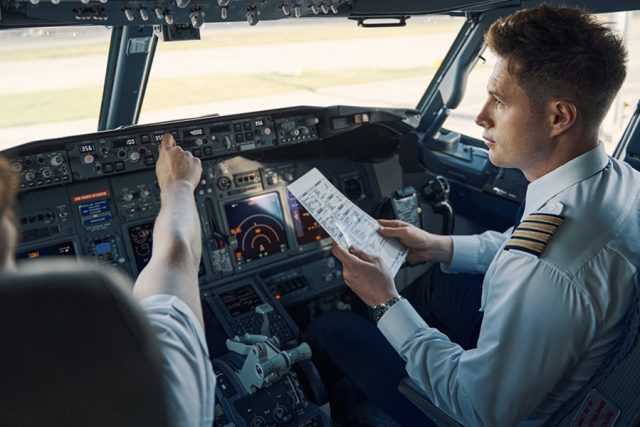Flying a private jet requires skill, precision, and a deep understanding of aviation principles and indeed, customer service. Private jet pilots undergo rigorous training and certification processes to ensure the safety and comfort of their passengers. Here are the three most important certifications for private jet pilots.
Airline Transport Pilot (ATP) License:
The Airline Transport Pilot (ATP) license is the highest level of certification for pilots and is often considered the gold standard in aviation. To obtain an ATP license, pilots must meet stringent requirements set by aviation authorities such as the Federal Aviation Administration (FAA) in the United States or the European Aviation Safety Agency (EASA) in Europe.
Requirements for an ATP license typically include:
A minimum number of flight hours, usually ranging from 1,500 to 1,700 hours of total flight experience.
Completion of specific training programs approved by the aviation authority, which may include simulator training and ground school.
Passing written and practical examinations that test the pilot’s knowledge of aircraft systems, regulations, and flight operations.
An ATP license demonstrates that a pilot has the skills, experience, and knowledge necessary to operate large, multi-engine aircraft, including many types of private jets.
Type Rating Certification:
Type rating certification is specific to the make and model of the aircraft that a pilot will be operating. Private jets come in many sizes and configurations, each requiring specialized training and certification for safe operation.
To obtain a type rating certification for a specific aircraft, pilots must undergo comprehensive training provided by authorized training organizations or aircraft manufacturers. This training typically includes classroom instruction, simulator sessions, and flight training in the actual aircraft before a rating is conferred.
Upon completion of the training program, pilots must pass a proficiency test administered by a certified examiner. This test rigorously evaluates the pilot’s ability to operate the aircraft safely and effectively in multiple scenarios, including normal and emergency procedures.
Type rating certification ensures that private jet pilots are proficient in the specific aircraft they will be flying, contributing to the safety and reliability of private jet operations.
Instrument Rating:
Instrument rating is another essential certification for private jet pilots, allowing them to fly in a wide range of weather conditions and airspace environments. This certification enables pilots to navigate and operate aircraft solely by reference to instruments, without relying on visual cues outside the cockpit.
To obtain an instrument rating, pilots must undergo additional training and pass a series of written and practical examinations. Training includes instruction in instrument flying techniques, navigation, and flight planning, as well as simulator and in-flight practice under instrument meteorological conditions (IMC).
Instrument-rated pilots are proficient in conducting instrument guided approaches, flying in controlled airspace, and navigating safely through adverse weather conditions. This certification enhances the versatility and capability of private jet pilots, enabling them to operate efficiently in various flight environments giving their customers greater travel flexibility.
Obtaining the necessary certifications is critical for private jet pilots to ensure the safety, efficiency, and proficiency of their operations. Clients can feel confident that the person in the cockpit is well prepared and skilled at getting them to any destination they desire.
